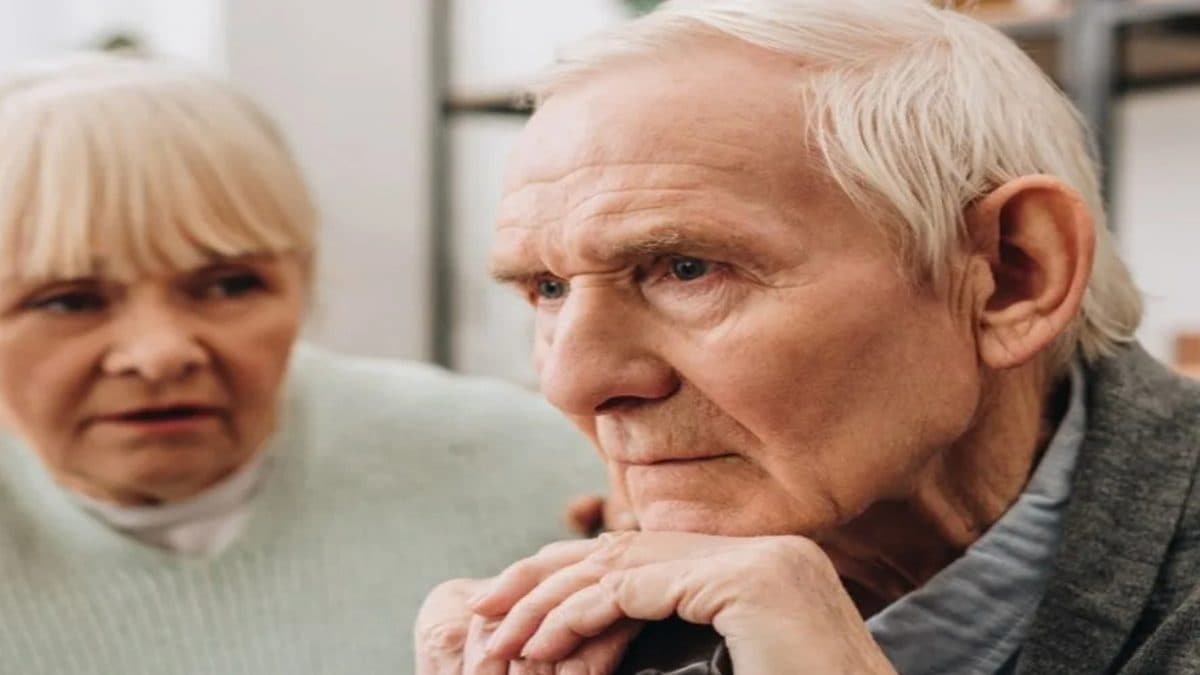On World Parkinson’s Day, Know About The Common Symptoms In 8 Points

Parkinson’s is not just a movement disorder, as it can also cause non-motor symptoms such as depression, anxiety, sleep disturbances, and cognitive impairment.
Every year on April 11th, World Parkinson’s Day is commemorated to bring attention to Parkinson’s disease, a condition that impairs mobility and other bodily processes
World Parkinson’s Day is observed annually on April 11th to raise awareness of Parkinson’s disease, a disorder that affects movement and other functions of the body. While Parkinson’s is most commonly associated with older adults, it can also affect younger people, with symptoms sometimes appearing before the age of 50. While there is no cure, early detection and treatment can help manage symptoms, and improve quality of life. Here are common symptoms of Parkinson’s disease that can give warn you about the degrading condition:
- Tremors – Tremors in Parkinson’s disease cause uncontrollable shaking of the hands, arms, legs or head, when the person is not moving. This may be the first sign of Parkinson’s and can also happen in other conditions.
- Movement Slowness – Also known as Bradykinesia, slowness of movement, makes everyday tasks harder. Initiating movements and stiffness are common. This can progress and impact daily activities, reducing the quality of life.
- Postural Instability – Postural instability is common in the advanced stages of Parkinson’s disease. Patients have curved postures, difficulty in walking, and may fall frequently.
- Micrographia – It is a common symptom of Parkinson’s disease where handwriting becomes progressively smaller and cramped. It makes performing everyday tasks like writing and buttoning clothes difficult.
- Masked face – Masked face is a reduction in facial expressions, causing a blank stare and difficulty conveying emotions or responding to social signs, leading to social isolation.
- Depression and Anxiety – Parkinson’s can cause depression and anxiety in young people due to physical and emotional changes, leading to fear of losing control and chemical changes in the brain.
- Sleep Disturbance – Parkinson’s disease can cause sleep disturbances, like insomnia, vivid dreams or restless leg syndrome, worsened by other symptoms. Seek medical help to manage sleep problems.
- Speech Issue – People with Parkinson’s disease may have speech difficulties like soft or slurred speech, monotone or rapid speech and pronunciation problems. Speech therapy and exercises can help improve communication skills.
On World Parkinson’s Day, let’s pledge to support those living with the disease, and work towards finding a cure. Together, we can help improve the lives of people who are affected by this condition.
Read all the Latest Lifestyle News here
For all the latest lifestyle News Click Here

